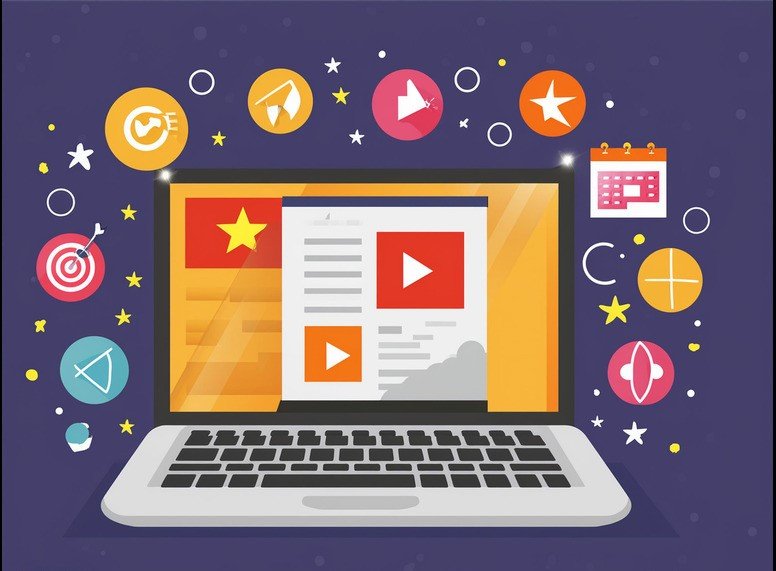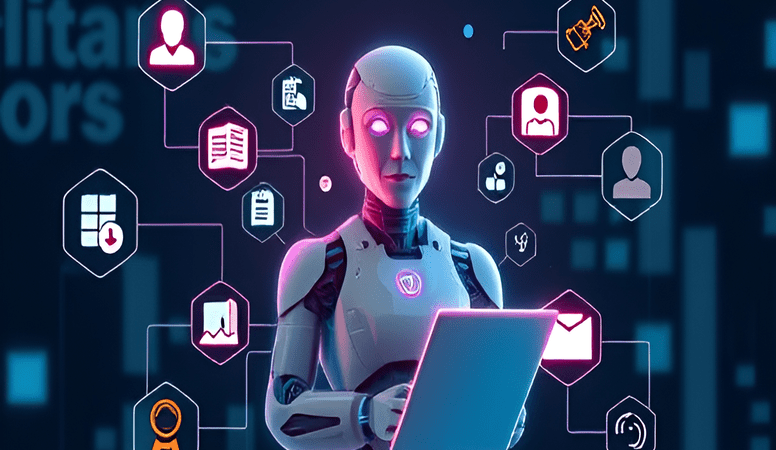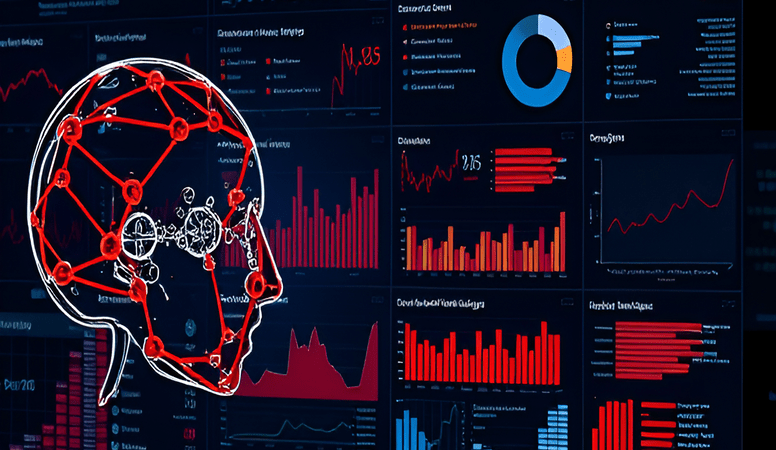In recent years, Artificial Intelligence (AI) is revolutionizing content creation by automating and enhancing the generation of text, images, videos, and other media. By leveraging AI-powered tools and algorithms, content creators can streamline their processes, increase quality, and reach the maximum audience. This partnership between human creativity and machine intelligence is changing the way content is created.
Automated Content Creation
AI-powered content creation tools, such as Open AI’s ChatGPT-4, can produce well-organized and contextually relevant content on a variety of topics. For example, a travel website might use AI to generate destination guides, hotel reviews or travel tips based on a user’s queries or preferences. By automating the writing process, content creators can save time and resources while maintaining consistency and relevance in their content.
The Content Optimization
AI algorithms can analyze huge amounts of data to optimize content for search engines and improve readability. For example, tools like Grammarly use AI to enhance the overall quality of written content, suggesting improvements to grammar, punctuation, and sentence structure. Similarly, SEO platforms like SurferSEO use AI to analyze competitors’ content and recommend keywords and phrases to improve search engine rankings.
Personalized Content Recommendations
AI-powered recommendation engines can provide personalized content suggestions to users based on their preferences and behavior. For example, streaming services like Netflix and Spotify use AI algorithms to recommend movies, TV shows, or songs tailored to each user’s tastes. By analyzing viewing or listening history, demographics, and user interactions, these platforms can create content that maximizes user engagement and satisfaction.
An Idea Generation
AI can analyze trends and generate topics that can attract readers. For example, a food blogger could use AI to predict the next big trend in vegan desserts.
Drafting the Assistance
AI-powered writing assistants can help overcome writer’s block by simplifying the nature of the first draft, suggesting sentences and paragraphs.
Polishing Language
Grammar checkers have evolved. Today’s AI can enhance clarity, tone, and style, ensuring that the message is not only correct, but also makes it relevant to the topic.
Friendly SEO Optimization
AI tools can suggest keywords, analyze search trends and even predict content performance, helping writers craft pieces that are more likely to be discovered online.
The Real World Examples
Let’s take a look at some practical applications of AI in content creation:
Automated journalism: News outlets like Reuters and the Associated Press use AI to write simple reports on sports and finance.
Social media content: Brands leverage AI to create engaging posts and answer customer questions in real-time.
Personalized marketing: AI analyzes customer data to create personalized content, increasing engagement and conversion rates.
AI Human Touch
Despite the increased efficiency of AI, humans are still irreplaceable. AI lacks the depth of human experience and the nuances of emotional intelligence. It is the human creator who brings the content to life, filling it with empathy, humor and creativity.
Conclusion!
AI in content creation is not about replacing writers, it is about enhancing their capabilities. As AI takes over the routine, creators are free to explore the heights of their imagination. The future of content writing is not AI vs. Human, but AI + Human.








